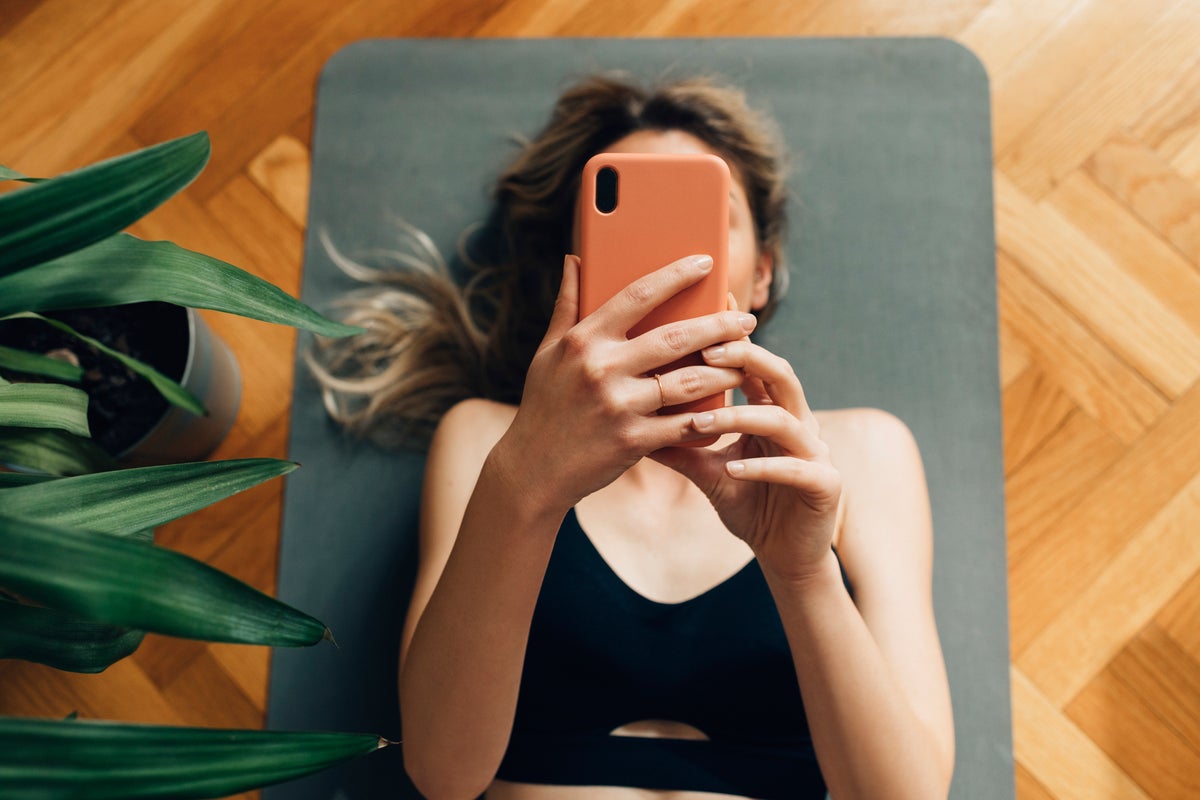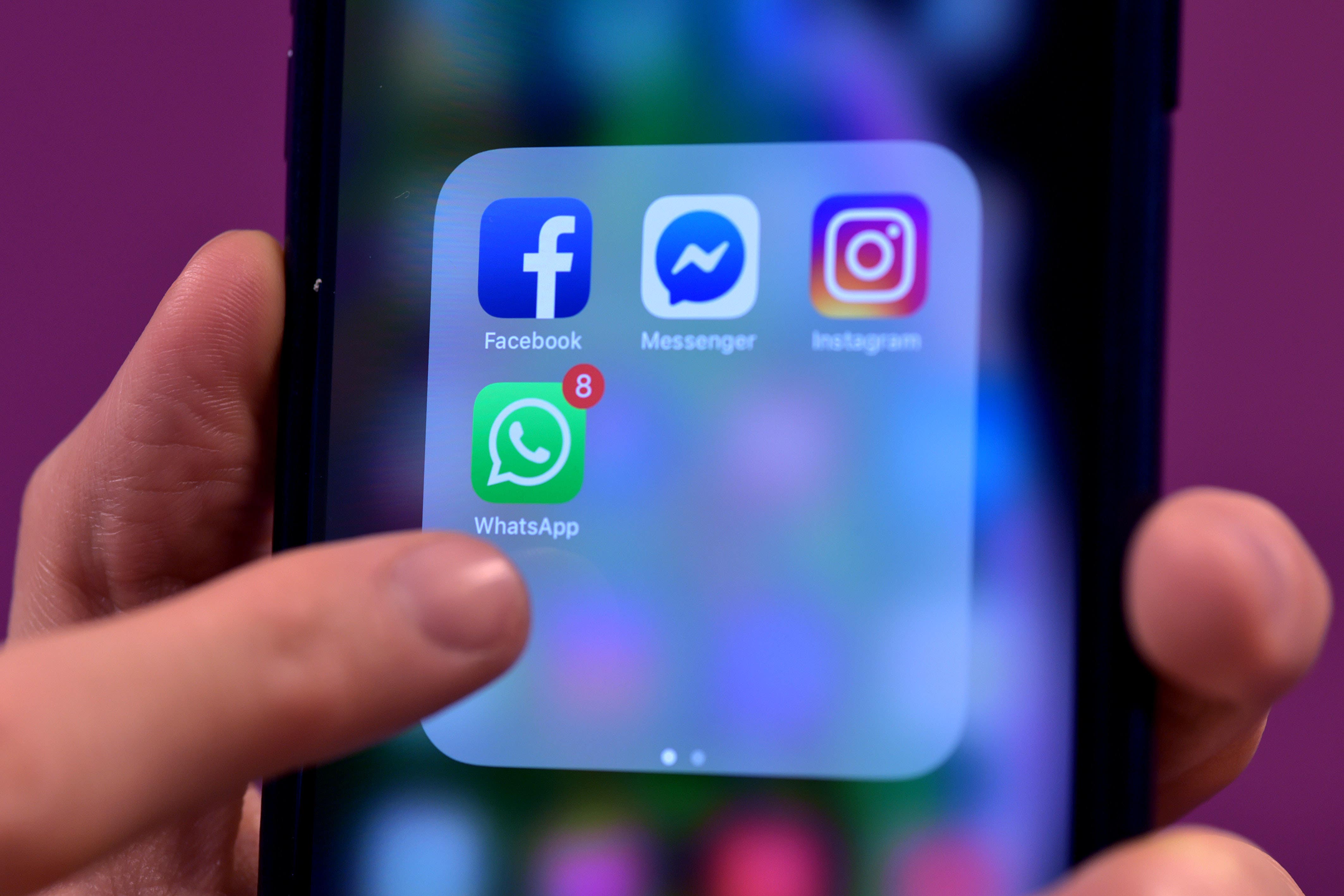
The modern gym-goer is privy to more fitness advice than ever before, with various social media platforms placing thousands of insights at their fingertips. The problem is, while much of it is structured to grab your attention, not all of it is helpful, or indeed accurate.
Experienced personal trainer, Everything Fat Loss author and self-professed research nerd Ben Carpenter is trying to stem the tide of fitness misinformation. To do this, he offers a free public service: TikTok and Instagram users tag Carpenter in videos that make eyebrow-raising claims, and the fitness expert swoops in to deliver a science-backed rebuttal.
“I think navigating misinformation is extraordinarily difficult, especially when it’s not your domain,” he tells me. “The way I have described it in the past is, if a mechanic tells me what is wrong with my car, I don’t have the knowledge to fact-check that. So if two different mechanics tell me something completely different, I don’t think anyone would expect me to know who was telling the truth.”
“If someone is not a health or fitness professional, I think it’s really unrealistic to pin the blame on you as the individual if you are struggling with misinformation.”
However, over years of calling out dodgy content, Carpenter has noticed a few recurrent red flags – things you can easily be on the look out for as a conscious consumer of online content. Here are his top three tips for sorting the wheat from the chaff during your next scrolling session.
Nothing in fitness is revolutionary
If someone online is telling you something is revolutionary, chances are it isn’t, especially if their pitch involves you parting with some cash.
“The reason I think this is so important is that, in health and fitness, the things that we know work aren’t revolutionary,” Carpenter explains. “We know that exercise is good, and we know that certain dietary habits like eating fruits and vegetables are good. But people will often make something sound shinier than it is to sell something, and I think that is one of the biggest red flags.”
He adds that, if something truly revolutionary was uncovered such as a “specific diet tip or exercise programme”, the likelihood is that one person would not have a monopoly over this information.
“I would be making social media videos about it for free,” Carpenter says. “[People like me are] not trying to hold the best information from you, we’re trying to put the best information out.”
Read more: This is how much exercise you should be doing per day, according to experts
Beware of ‘fear porn’
A negativity bias in the human psyche means we’re hardwired to pay more attention to negative information than positive. Content creators have cottoned on to this.
“There’s a growing trend on social media for something that’s described as ‘fear porn’ – people are being lured in by the things that sound scary,” says Carpenter.
“Rather than saying something is good for you, videos are now saying, ‘Never eat this specific ingredient, it’s killing you’.”
This is his second red flag when trying to spot health and fitness misinformation online.
“A real health and fitness professional would say, ‘We know that added sugar should probably make up less than 10 per cent of your diet. That’s well-established health advice. If you look at the World Health Organisation, it will often say to keep it to less than 10 per cent because if you consume too much it’s linked to things like obesity, weight gain, type-2 diabetes, teeth cavities and so on.
“That’s very different to someone saying, ‘You can never eat sugar because sugar is killing you’. If people are making things sound really scary all the time, it’s often clickbait and a hook. They are trying to grab your attention by making you scared, and I don’t think health and fitness advice should be scary.”
Read more: Will the run club replace the pub? Why choose when both can help fight a deeper issue?

Show your workings
This final tip starts with a social media video making a hyper-specific claim. If someone is doing this, and throwing around scientific-sounding terms as they do so, Carpenter wants to see them substantiate this information with cold, hard facts.
“People who are genuinely scientific will show you what they’re talking about,” he says. “If you’re watching my video and I say a food is good or bad for your health, I’ll show you the research that I’m citing that from.
“It sounds like it’s nerdy, but generally speaking I think people who are trying to educate you should show that they’re educating you. They will show you the science they are talking about. It’s not about trying to sell you things, it’s showing what the research says and putting it on the screen.”
In contrast, extreme claims with no substantiation or supporting evidence should set alarm bells ringing.
“You don’t have to cite them, but generally speaking I think it’s a red flag if someone never references the research they’re talking about,” Carpenter concludes.
It’s generally advisable to take influencer advice with a pinch of salt and to do your own research. Trends on social media will come and go, but when it comes to fitness, the fundamentals are usually the same. This means if someone is selling you a “hack” or a bypass, with no studies or proof, it’s probably too good to be true.
Read more: We’ve overcomplicated fitness – these six simple things will make you healthier than most people
How to spot the symptoms of burnout and treat them, according to wellbeing experts
The best Pilates moves for beginners and how to do them, according to an expert
An expert shares four science-backed ways to make walking even better for your health
A physiotherapist shares three exercises that can ‘help reduce lower back pain’
I tried endurance swimmer Ross Edgley’s two-move workout, and it’s surprisingly fun







